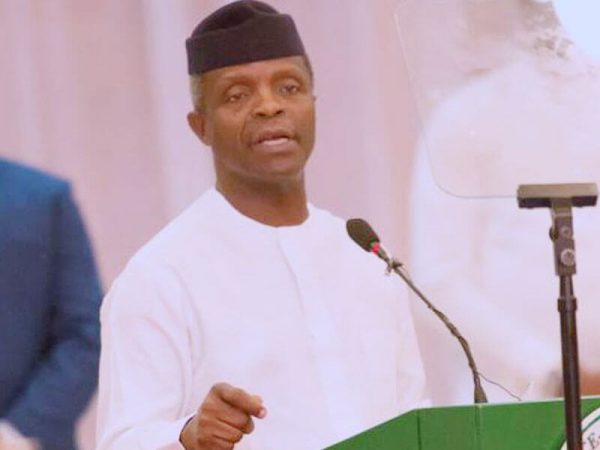FG’s New Maintenance Policy Will Drive SMEs – Fashola

The Federal Government has said that the implementation of its new National Public Buildings Maintenance Policy will empower Nigerians, especially artisans and small and medium enterprises.
The Minister of Power, Works and Housing, Babatunde Fashola, said this while briefing the newsmen on the National Infrastructure Maintenance Framework for Public Buildings on Thursday in Abuja.
The News Agency of Nigeria reported that the National Public Buildings Maintenance Policy sought to provide guiding principles for the maintenance and repairs of public buildings nationwide.
It is also charged with the responsibility of repairing such related assets nationwide, in compliance with extant regulations.
Fashola said that the Federal Executive Council on January 9 approved the National Maintenance Framework for Public Buildings.
He said the Council was persuaded to accept that while skill training and vocational centres existed nationwide for the training of Artisans, there was a lack of national policy for the practice of the vocations to be economically worthwhile on a sustainable basis.
Fashola said that under the implementation of the policy, site assessment and valuation of the affected buildings would be conducted; measurement and data would also be collated.
This, he said, on its own required the employment of people to carry out the process and, therefore, multiple jobs would be created from the very first step for Nigerians, especially artisans.
He said, “Available data showed that many people trained in these vocations often resort to earning a living by resorting to vocations in which they do not have training such as riding motorcycles and tricycles.
“Therefore, the Federal Government’s decision on maintenance is an economic one, to empower Nigerians at the base of the economic pyramid who are artisans, owners of small businesses, and SMEs who are involved in manufacturing building materials.”
He explained that the maintenance framework on public buildings firstly would apply to public buildings but would ultimately extend to other public assets like roads, bridges, rail, and power installations, among others.











